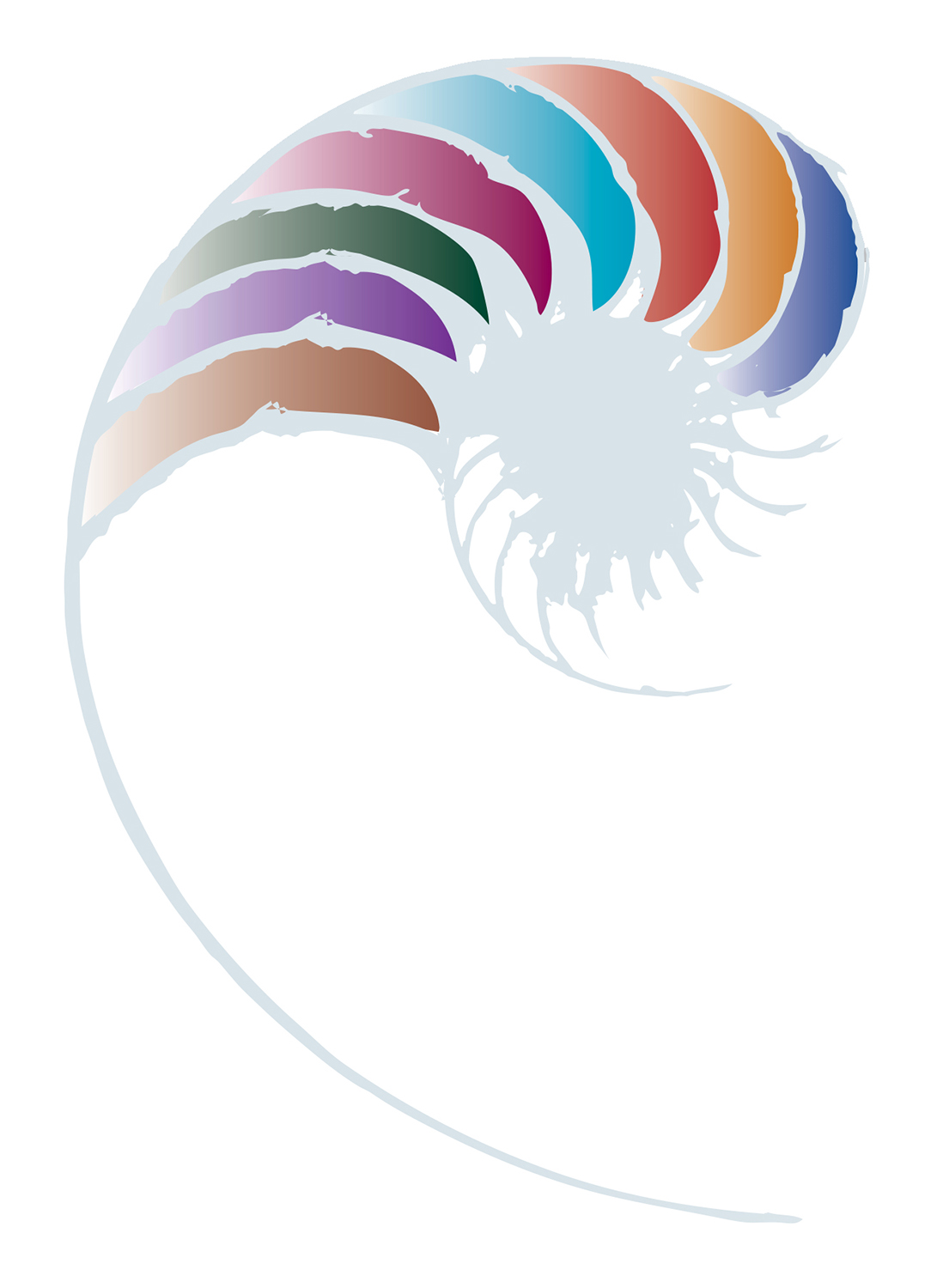A curriculum embedded in iwi values, stories, and reo
Explore a story of practice on identity, language, and culture.

The Maniapoto Trust Board has developed its own curriculum around their eight pou (posts), each of which represents an ancestor important to their iwi. Each pou depicts expertise and skill that is woven into each of their centre’s curriculum. They are also guided by five key curriculum components: whānau ora, whanaungatanga, taonga tuku iho, te taiao, and he anga whakamua.
Everything is done from a Maniapoto base, weaving a curriculum specific to their area. They use the stories, waiata, and language from Maniapoto to drive learning.
All three centres under the Trust Board follow this curriculum and staff from these centres meet and share ideas to extend children’s learning.
They have gardens for the children where they share and work together using traditional practices. The centres by the sea bring kaimoana to share with others. They celebrate Matariki and other celebrations important to Maniapoto and Māori as a whole, rather than Western celebrations such as Christmas. Local whānau, hapū, and iwi decide what knowledge should be available and how it should be made accessible.
Reference
- Mitchell, L., Meagher-Lundberg, P., Davison, C., Kara, H., & Kalavite, T. (2016). ECE participation programme evaluation: Stage 3. Wellington, New Zealand: Ministry of Education
About this resource
In this resource, three centres have shared endeavours of localised curriculum development.



